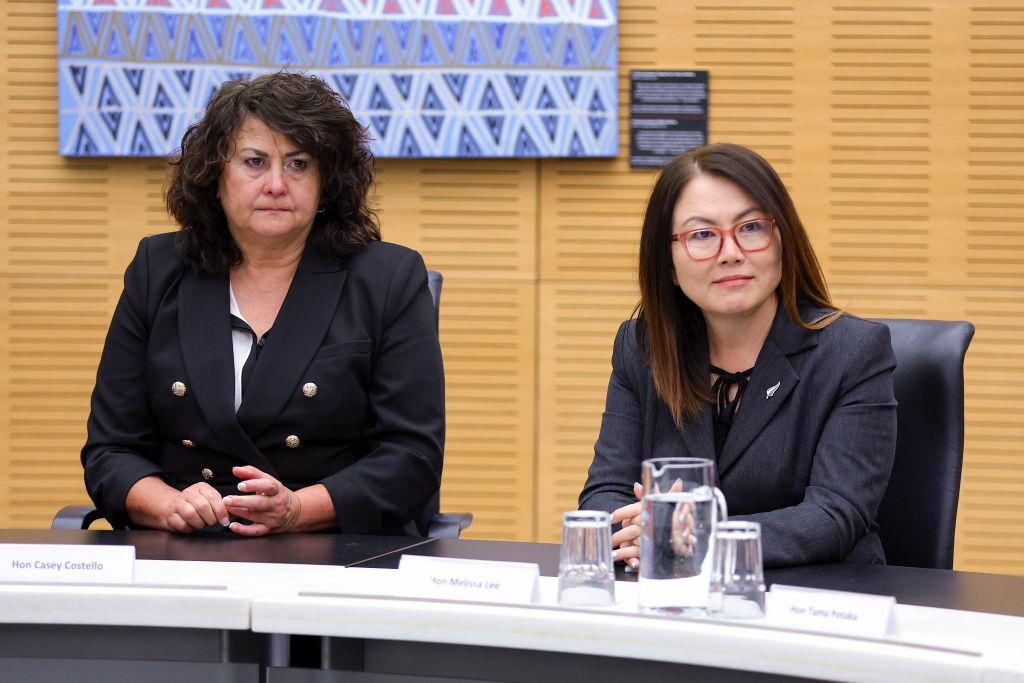New Zealand’s Associate Health Minister, New Zealand First MP Casey Costello, was questioned in Parliament today over authorship of a policy paper she sent to the Ministry of Health shortly after taking office.
The paper proposed a three-year freeze on tobacco excise, as well as the complete removal of excise tax from smokeless tobacco products, where the tobacco is heated to a vapour rather than burned.





